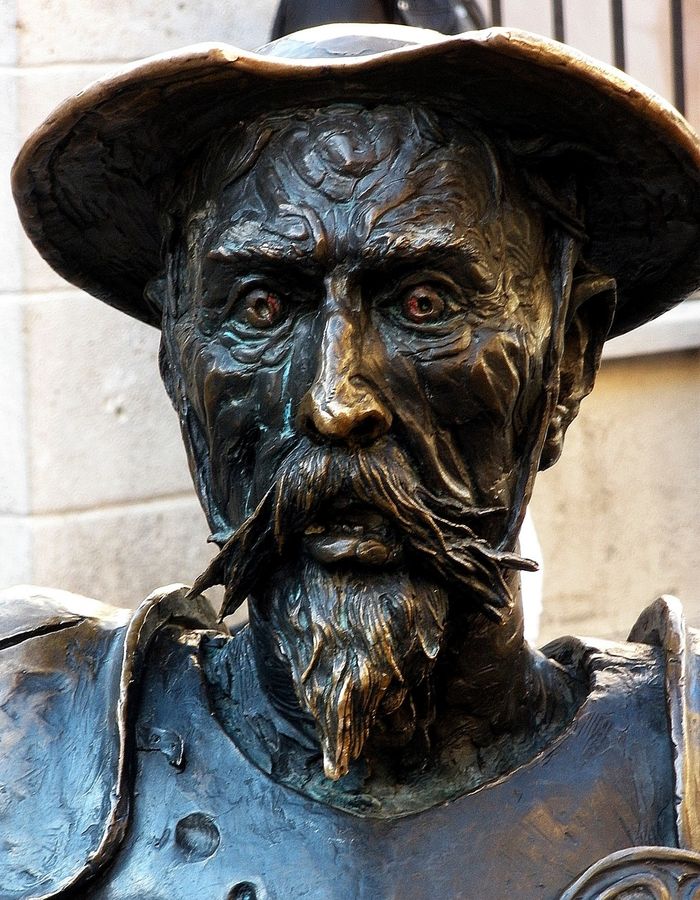34. As a matter of fact this defeat marked the beginning of Diogenes’s downfall. With a handful of his followers, he took refuge in a minor fortress,**276 and he would very soon have fallen into our hands, but for the intervention of someone else.**277 An Armenian by birth, a crafty individual opposed to us on principle this man had been promoted to high rank by Diogenes, while he was still reigning emperor, and now, seeing in the latter’s present misfortune an opportunity to repay the favours he had received from him in the past, he came to meet him with a considerable band of soldiers. He encouraged Romanus to take heart, made him wonderful promises, and instead of allowing him to fight our troops, carried him off to Cilicia.
The remote valleys of that country, he argued would give him a respite from our attacks. Next he equipped an army for him, gave him money, clothed him in the robes of an emperor, and then, having armed him for battle, the clever rogue waited for a favourable chance to renew the struggle against us.
35. Once again, therefore, we held a council and debated our future policy. One party was in favour of making peace. It was better, they contended, to allow him some share in the governments and to do nothing more in the matter. Others were determined to prosecute the war and make sure that he had no second chance to embark on his reckless schemes. Well, we decided to try and make peace first.
Kindly attitude as an outrageous insult
A friendly and sympathetic letter was despatched to him from the emperor. Diogenes, however, regarded Michael’s kindly attitude as an outrageous insult. He maintained that he himself was entirely free from blame, and he proceeded to make specific demands. He refused to abdicate or in any way moderate his claims to the throne. In fact, to judge from his reply, he was more presumptuous than his plotting had led us to believe.
36. So the emperor was reluctantly compelled to abandon his plans for peace. Andronicus was given command of the imperial armies, the elder of the Caesar’s sons. This Andronicus was an amazingly tall man, generous, kindly, and extremely fair. He was now entrusted with the conduct of all the forces of the Eastern Command, and was sent out to do battle with the enemy. His first object was to instil into his army a corporate spirit: the loyalties of his men must be centred in one common object. With this in view, he treated all ranks with meticulous fairness. He tried to understand his soldiers as individuals, and to prove that he was their friend.
Read More about Eudocia 1067 part 4








